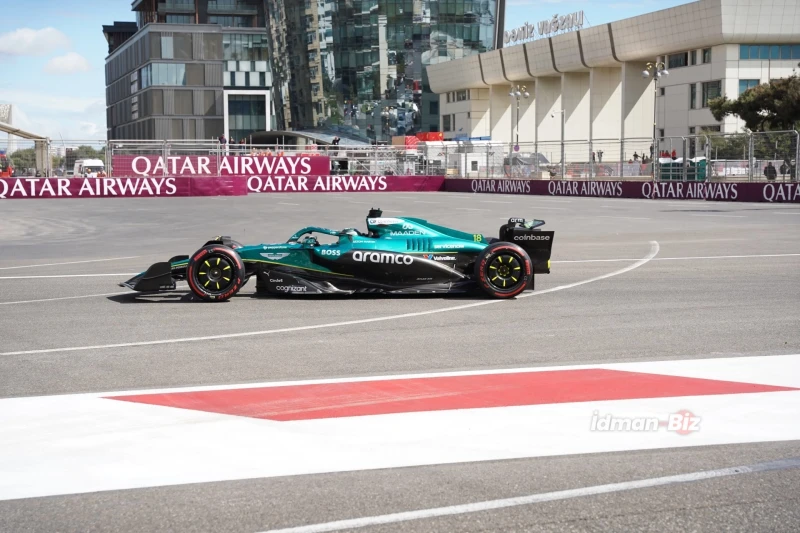

 Idman.biz
Idman.biz
The Formula 1 Azerbaijan Grand Prix held in Baku last weekend is no longer just an exciting three-day race. Dramatic moments and unexpected results on the track amaze spectators, but this race also creates a great economic opportunity for the city.
Idman.biz reports that the Grand Prix increases tourism to Baku, increases hotel and restaurant occupancy, stimulates city services, attracts sponsors, and creates jobs for thousands of people. Extending the contract with Formula 1 until 2030 strengthens this impact: businesses can build long-term investment plans, and the city is provided with a stable annual demand.
This year's race weekend also resonated greatly in the media: a qualifying tour remembered for a record number of accidents, full stands, and the withdrawal of leader Oscar Piastri early in the race caused great excitement for the audience. Max Verstappen's victory on the podium increased the tension in the overall standings, and this drama increased the value of telecasts and digital broadcasts, which means increased advertising opportunities for the city.
The economic impact is felt along a broad chain. Hotel occupancy is combined with increased average bills in restaurants, increased retail sales, and taxi service revenues; at the same time, small businesses both in the center and around the track are profiting.
Thousands of volunteers and marshals undergo rapid training in major event management, security, logistics, and customer service; these skills remain in the country and are transformed into new projects.
Old city panoramas, the Caspian Sea, and a mile-long rectangular track turn Baku into an advertising platform for the world. High broadcast ratings and social media activity increase the country's recognition and create a future tourist flow. The contract until 2030 reduces the investment risk in the hotel, restaurant, entertainment, transportation, and event sectors - the stage becomes a reliable anchor point for seasonal demand.
The Baku Grand Prix created a synthesis of sports and economics: it brings tourism revenues to the city, creates employment, develops skills, and strengthens the country's media capital. Most importantly, the extended contract until 2030 allows not only race days, but also long-term stable growth.
The next goal for the future is clear: to further capitalize on media attention, expand additional event packages, and transform the seasonal peak into year-round activity. Thus, the speed on the track becomes a strategic asset for the city and the profit continues throughout the year.
Teymur Tushiyev
Idman.biz
